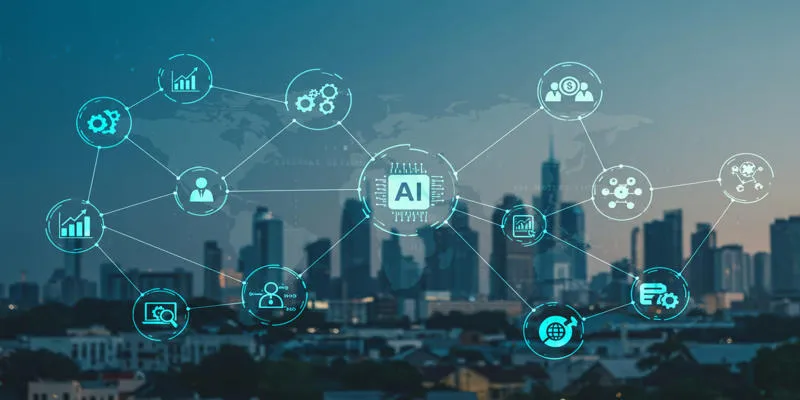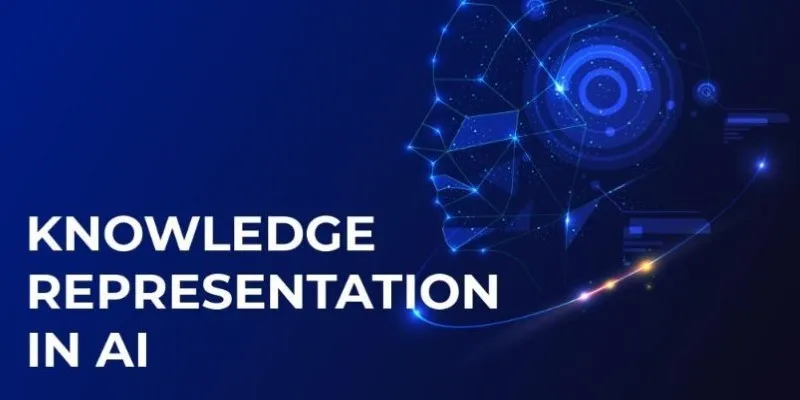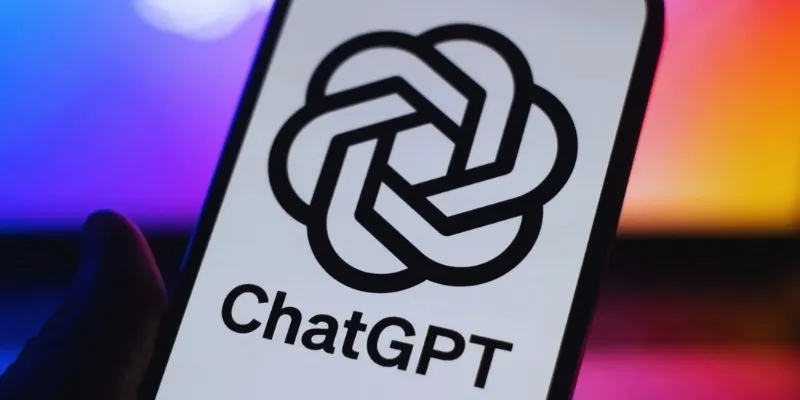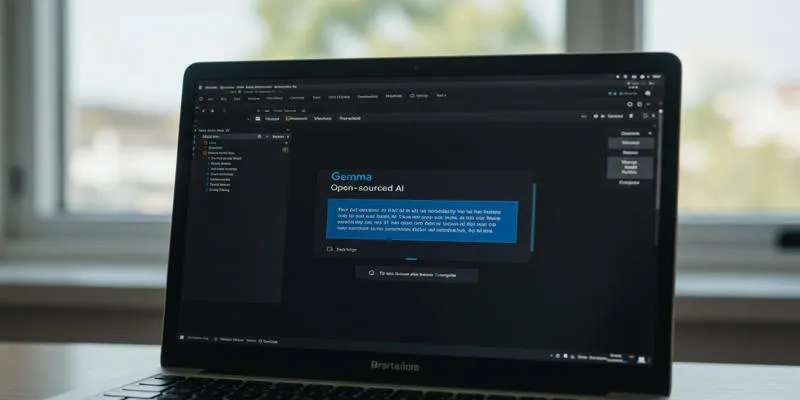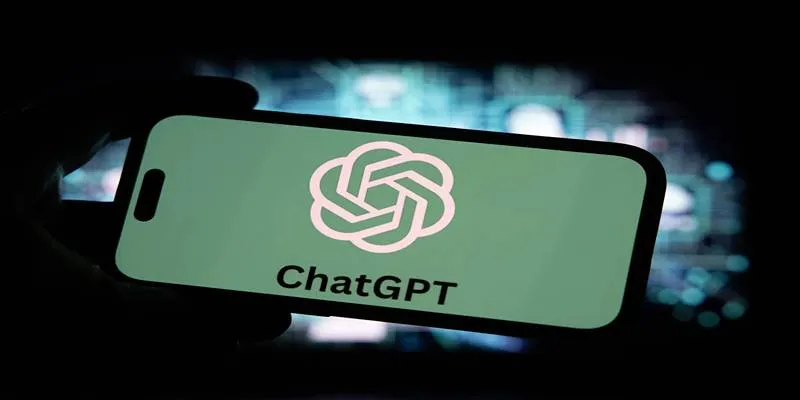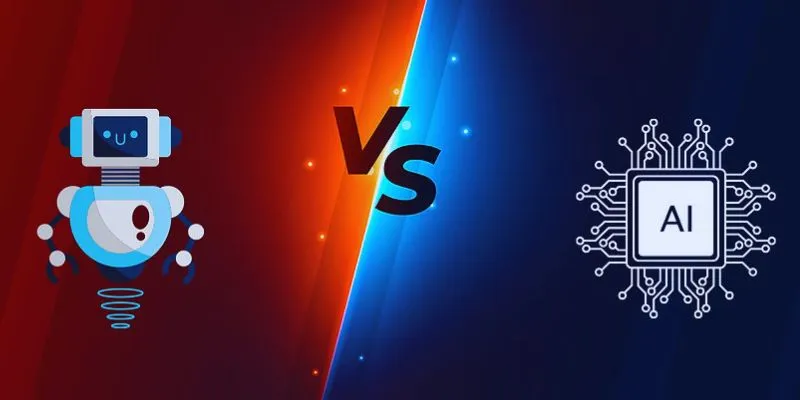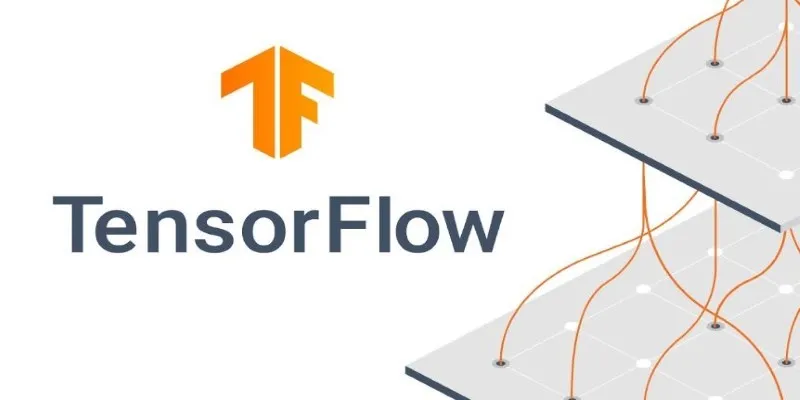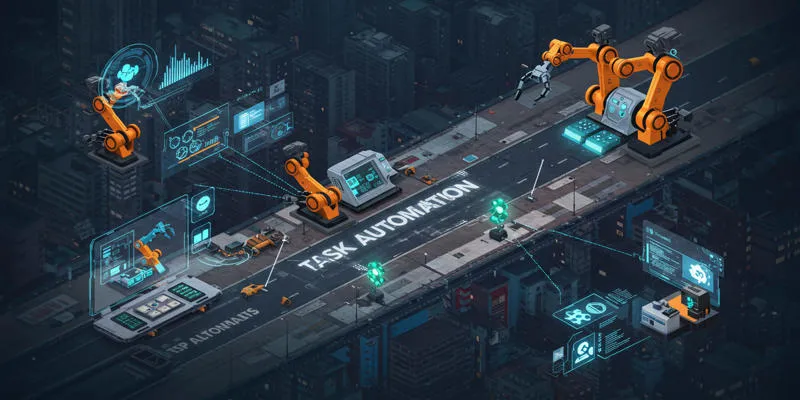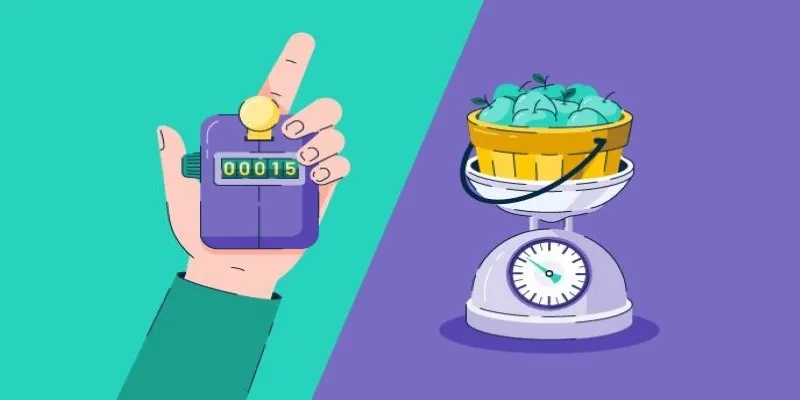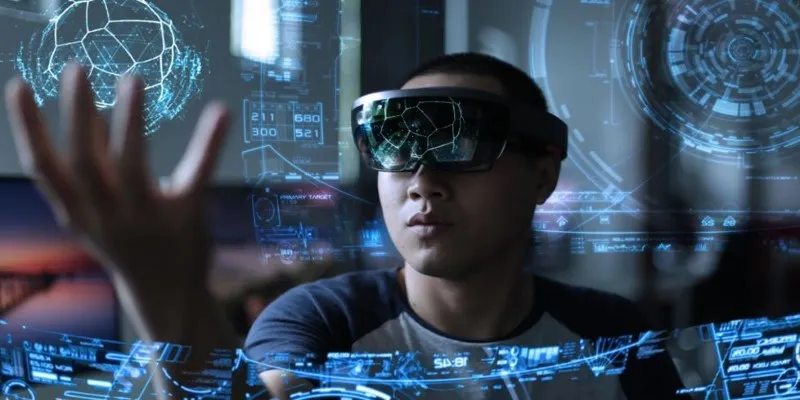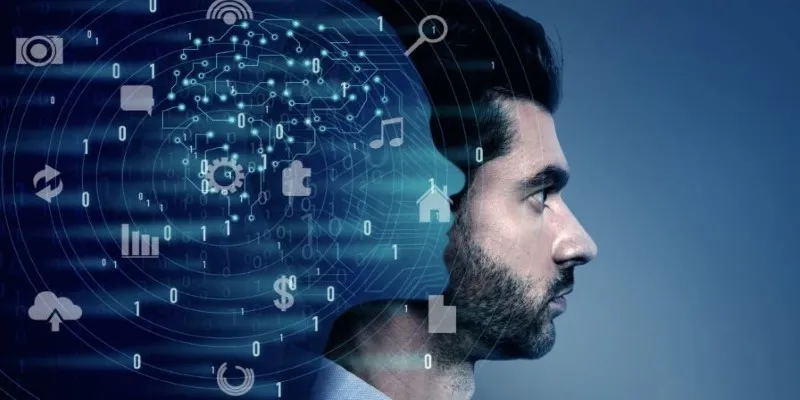Entertainment has always been a reflection of human imagination, but today, technology is adding a new voice to that creativity. Artificial intelligence isn’t just working behind the scenes — it’s becoming a creative partner. From video games that learn how you play to tools that help artists and writers bring ideas to life faster, AI in entertainment is quietly transforming how stories are told and experiences are crafted.
It’s not about machines replacing creativity — it’s about boosting it. As game AI and content generation develop, they’re transforming entertainment into something more personalized, dynamic, and boundless than ever before.
How Game AI is Changing the Way We Play
One of the most visible impacts of AI in entertainment is in the gaming world. The phrase “Game AI and Content Creation” is becoming common in development studios because the two now go hand in hand. Game AI is no longer just about controlling non-playable characters (NPCs) or setting up predictable enemies. Today’s AI systems are making games feel more alive, dynamic, and tailored to each player’s style.
Modern game AI studies player behavior, adapts to their strategies, and even personalizes gaming experiences. In open-world games, for example, AI creates realistic environments where characters react believably to the player’s actions. In stealth games, enemies no longer follow predictable patterns but adjust their patrol routes based on where they last saw the player. This shift means that every gaming session feels a little different — like the game is learning and evolving with you.
Another intriguing field is AI-synthesized game worlds. Game developers now employ AI software to create landscapes, cities, or dungeons that are never identical twice. AI-powered procedural generation builds enormous worlds without designers needing to create every single aspect by hand. It saves time and provides unlimited exploration.
Game AI and content creation work together to build interactive narratives. In narrative-driven games, AI helps to write dialogue responses that feel personal and reactive. Instead of pre-written dialogue trees, some systems generate responses based on the player’s previous choices, creating a story that feels organic.
AI Tools Reshaping Content Creation Across Entertainment
Outside of gaming, content creation is another major area where AI in entertainment is making its mark. Filmmakers, musicians, writers, and designers use AI tools to speed up workflows and enhance creativity.

One of the most impressive developments is AI-assisted scriptwriting. While human writers still drive the creative direction, AI helps suggest dialogue, plot points, or character details based on vast databases of existing content. For instance, an AI tool might recommend how a character reacts in a specific situation based on thousands of scenes similar to those in movies or TV shows. This doesn’t replace human creativity — it simply expands it.
In the music industry, AI tools can generate melodies, remix existing tracks, or even create background music for games or videos. Content creators use these tools to produce music faster or explore genres they aren’t familiar with. Visual content creators also benefit from AI in generating images, animations, or even video scenes that would take hours to create manually.
AI voice generation is also gaining popularity. Content creators use AI- generated voices for narration, dubbing, or creating characters in games and animated films. This opens doors for small creators who may not have access to expensive voice actors or studio equipment.
Most importantly, these tools are accessible. Game AI and content creation are no longer limited to large companies with massive budgets. Small indie developers and solo creators can use AI tools to compete in the crowded world of entertainment. This levels the playing field and encourages more diverse stories and ideas to reach audiences.
The Challenges and Future of AI in Entertainment
Despite all its benefits, AI in entertainment doesn’t come without challenges. The biggest concern is the fear of creativity being replaced by machines. Many wonder if AI tools will lead to less human originality or make all content feel formulaic. However, the current reality is that AI is more of a collaborator than a creator. It assists but rarely replaces the human touch that makes entertainment truly memorable.

Another challenge is ethical use. When using AI-generated content, questions about copyright, ownership, and authenticity arise. Who owns a song created by AI? How do we ensure that AI tools aren’t unintentionally copying existing content without permission? These are new problems that the industry must address as AI tools become more widespread.
Looking ahead, the future of AI in entertainment seems both exciting and complex. Game AI and content creation will likely become even more integrated. We might see AI-powered characters in games that remember a player’s history across multiple games. Personalized stories that adapt not just to gameplay choices but to a player’s style of communication could become normal.
In content creation, AI tools will likely become smarter and more intuitive. Creators may simply describe an idea, and the AI will handle the technical details of bringing it to life. This could lead to a creative explosion in which storytelling barriers are lowered, and new voices enter the entertainment industry.
Conclusion
AI in entertainment is reshaping the creative world, making storytelling and game design more dynamic, personalized, and accessible. It supports creators in producing unique content while enhancing player and viewer experiences. Game AI and content creation now work together to build immersive environments and interactive narratives that feel real and responsive. Although challenges like ethical concerns and originality need attention, AI is proving to be a valuable creative partner, not a replacement. As technology grows, AI in entertainment will continue opening new opportunities for creators and audiences, leading the future of digital entertainment into exciting, uncharted territory.
 zfn9
zfn9





